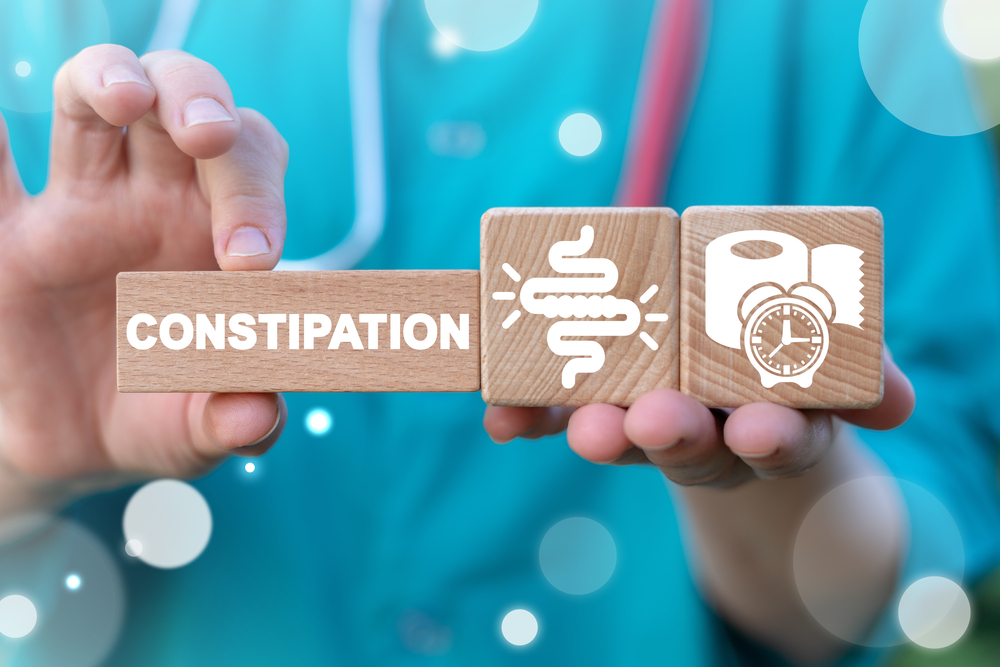The Dietary Treatments for Constipation
The Dietary Treatments for Constipation
Constipation has different definitions around the world, according to the world gastroenterology organization, some patients regard constipation as straining (52%); while for others, it means hard, pellet-like stools (44%), an inability to defecate when desired (34%), or infrequent defecation (33%).
Constipation is a digestive problem everyone has experienced before. This condition presents as a small, dry and hard or the difficulty of expulsing stools, this process occurs when the colon had absorbed too much water, usually due to slow or delayed contractions of it. While the frequency is not necessarily a significant factor, most people with constipation tend to go to the bathroom at least three times a week.
There are different factors responsible for been constipated; here are some causes of constipation.
6 Common Causes of Constipation
Inadequate Water Intake: Fiber can absorb significant amounts of water to soften stool and facilitate expulsion. However, it is recommended during this phase to increase the daily intake of water. Also, remember that caffeine-based drinks can have a dehydrating effect on the body.
Poor Diet: Consumption of fruits, vegetables, and other foods containing fibers can increase stool weight, resulting in a decreased colon transit time. A low fiber diet is the most frequent reason for constipation; the daily recommendation of fiber is within 5-20 grams a day. If constipated, the daily dosage increases to 35 grams a day. Find some food sources of fiber at the end of the article.
Lack of Exercise: Movements certainly contribute to the correct movement of the bowels. For instance, patients that are in bed for many days for health conditions are most likely to have constipation, which is why it is encouraged to constantly change the position of the patient to improve their digestion aside from other improvements.
Medications: Analgesic, antispasmodic, antidepressants, antacids, excessive intakes of iron supplements, diuretics, and anticonvulsants are medications that could interfere with the natural bowel movement.
Habits: Stress, travels that can compromise schedule changes, excessive working hours, avoiding the need to go to the toilet, and aging can lead to constipation.
Diseases and Syndromes: Neurological disorders like multiple sclerosis, Parkinson’s disease, cerebrovascular accident, and problems in the spinal cord; also, endocrine and metabolic conditions such as thyroid imbalance and diabetes play an essential role. Though it is not common, some patients present problems with the bowel muscles and do not seem to respond to conventional treatments for constipation.
What are the Symptoms of Constipation?
Symptoms of constipation are:
- Dry and hard stool, with lumps
- Having less than three bowel movements in a week
- Stomach aches
- Difficulties in passing stools or painful stool
- Feeling bloated
- Urge to empty the bowel after a recent bowel moment.
Treatments of Constipation
There are different ways to treat constipation. This article talks about conventional and modern dietary treatment.
Conventional Treatments
Enemas can remove body waste. However, they are not an effective way to prevent and cure constipation; they can cause constipation in older people who take them regularly. Colon irrigation can damage the colon and lead to more severe problems.
- Osmotic lubricants and laxatives:
- Orange juice or any mixed drink; the belief in this treatment typically leads to diarrhea rather than the normal texture and weight of stool. This method has been recommended for years to prevent constipation. Drinking it hurts the intestine with large amounts of juice; instead of drinking it, eating the whole fruit supplies more fiber. In addition, drinking coffee as a measure to stimulate the intestinal muscles results in dehydration. Consuming decaffeinated drinks and eating the orange fruit will help in the expulsion of stool.
The common and effective conventional dietary treatment is taking ingredients like psyllium and methylcellulose as they have the properties of absorbing water and soften the feces. You are often advised not to put a lot of effort into expulsing feces, and these active ingredients usually help pregnant women as they experience constipation during this period.
Modern Treatments
Prucalopride is a selective serotonin-4 (5HT4) receptor agonist that enhances colonic peristalsis for increased bowel motility. The drug has been approved for use in Europe since 2009, and Lubiprostone is administered orally. For bowel stimulation, Alvimopan is recommended for post-operative ileum after surgeries by Food and Drug Administration (FDA). In addition, according to Forootan, Bagheri, and Darvishi (2018), the efficacy of commercially available symbiotic elements has been previously evaluated for the treatment of functional constipation in males. Hence, more relevant studies are needed to support the effectiveness of the treatments mentioned above.
Dietary treatment is always the first factor to consider for constipation, water intake, and external factors. After ruling out these possible etiologies, it is essential to visit a doctor immediately if the symptoms persist.
Dietetic Recommendations of Fiber Sources
Food
Grams/100gr
Puffed rice
89.80
Wheat bran
29.60
Soybean seeds
12.50
Chinese Pomegranate
10.90
Tamarind
7.40
Almond
7.20
Carrot
6.30
Corn
4.80
Substracted by: "food composition" (2010). Muñoz .M.
Written by: MSc. Nicole Castro Serrano.




Comments (0)